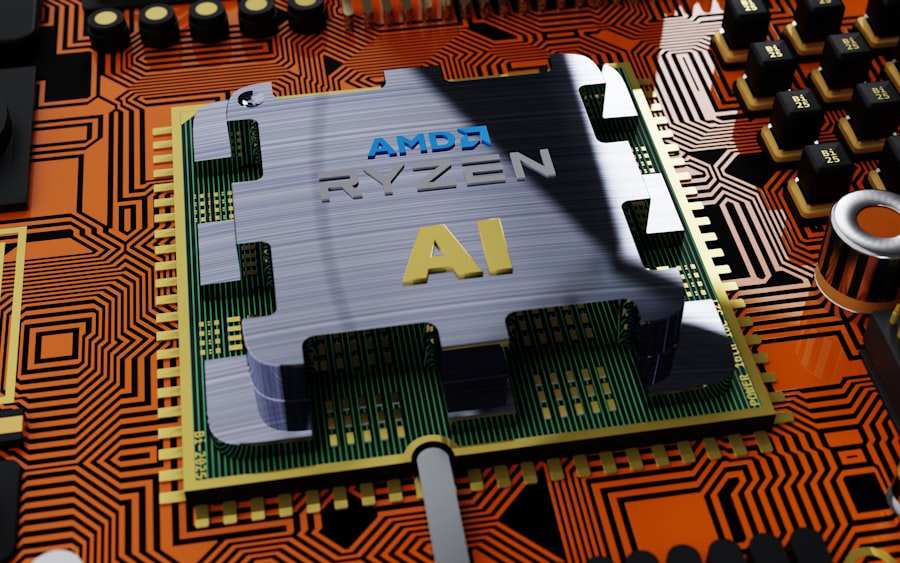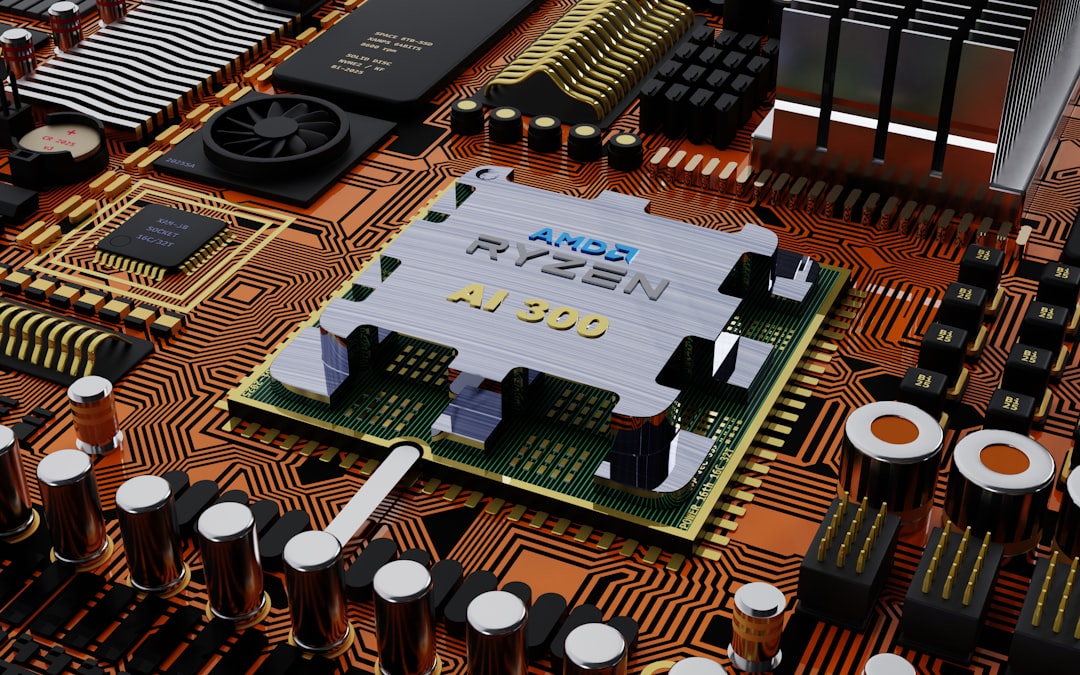SMS-iT CRM is a customer relationship management system that uses machine learning to enhance business-customer interactions. The platform combines SMS marketing with machine learning algorithms to deliver personalized messages, aiming to increase customer engagement and sales. SMS-iT CRM provides businesses with insights into customer behavior, preferences, and purchasing patterns, enabling them to customize marketing efforts and improve customer experience.
The system is designed to streamline customer communication processes and enhance marketing campaign effectiveness. By utilizing machine learning, businesses can automate and optimize various aspects of customer management, including segmentation, targeting, engagement, sales forecasting, and response management. This approach is intended to improve efficiency, effectiveness, and return on investment.
SMS-iT CRM aims to help businesses maintain a competitive edge and foster long-term customer relationships through data-driven communication strategies.
Key Takeaways
- SMS-iT CRM is a powerful tool for managing customer relationships through text messaging
- Machine learning has the potential to revolutionize CRM by analyzing large amounts of data and making predictions
- Machine learning can be used to segment and target customers more effectively, leading to better marketing outcomes
- Personalized messaging can improve customer engagement and satisfaction, leading to increased loyalty and sales
- Machine learning can enhance sales forecasting and predictive analytics, providing valuable insights for decision-making
Understanding the potential of machine learning in CRM
Personalized Customer Experience
By leveraging machine learning algorithms, businesses can gain a deeper understanding of their customers’ behavior, preferences, and needs, allowing them to deliver more personalized and targeted messaging that resonates with their audience. Machine learning also enables businesses to automate and optimize their customer segmentation and targeting processes, ensuring that the right message reaches the right customer at the right time.
Improved Sales Forecasting and Predictive Analytics
Machine learning can empower businesses to improve their sales forecasting and predictive analytics capabilities by identifying patterns and trends in customer data that can be used to anticipate future purchasing behavior. This allows businesses to make more informed decisions and allocate resources more effectively, leading to improved sales performance and ROI.
Enhanced Customer Support and Operational Efficiency
Additionally, machine learning can be used to automate response management and chatbot functionalities, enabling businesses to provide timely and relevant support to their customers while reducing operational costs. Overall, the potential of machine learning in CRM is vast, and businesses that embrace this technology stand to gain a significant competitive advantage in today’s fast-paced and data-driven market.
Leveraging machine learning for customer segmentation and targeting

One of the key benefits of machine learning in CRM is its ability to automate and optimize customer segmentation and targeting processes. By analyzing large volumes of customer data, machine learning algorithms can identify patterns and trends that allow businesses to categorize their customers into distinct segments based on factors such as demographics, behavior, and purchasing history. This enables businesses to deliver more personalized and targeted messaging that resonates with each segment, leading to improved engagement and conversion rates.
Furthermore, machine learning can help businesses identify high-value customer segments that are most likely to make a purchase or respond positively to a marketing campaign. By leveraging this insight, businesses can allocate their resources more effectively and focus their marketing efforts on the segments that offer the highest potential for ROI. This not only improves the efficiency of marketing campaigns but also enhances the overall customer experience by delivering relevant and timely messaging that meets the needs and preferences of each segment.
In summary, leveraging machine learning for customer segmentation and targeting allows businesses to deliver more personalized and targeted messaging that drives customer engagement and boosts sales. By automating and optimizing these processes, businesses can gain a competitive edge in today’s crowded market by delivering a seamless and personalized customer experience that sets them apart from the competition.
Improving customer engagement through personalized messaging
Machine learning plays a crucial role in improving customer engagement through personalized messaging by enabling businesses to analyze large volumes of customer data and extract valuable insights that can be used to tailor their messaging to the needs and preferences of each individual customer. By leveraging machine learning algorithms, businesses can deliver personalized messaging that resonates with their audience, leading to higher engagement and conversion rates. Furthermore, machine learning allows businesses to automate the process of personalizing messaging by identifying patterns and trends in customer data that can be used to deliver relevant content at the right time.
This not only improves the efficiency of marketing campaigns but also enhances the overall customer experience by providing timely and personalized messaging that meets the needs of each individual customer. In conclusion, improving customer engagement through personalized messaging is a key benefit of leveraging machine learning in CRM. By delivering tailored messaging that resonates with their audience, businesses can drive higher engagement and conversion rates while providing a seamless and personalized customer experience that sets them apart from the competition.
Enhancing sales forecasting and predictive analytics with machine learning
Machine learning has the potential to enhance sales forecasting and predictive analytics by enabling businesses to analyze large volumes of customer data and identify patterns and trends that can be used to anticipate future purchasing behavior. By leveraging machine learning algorithms, businesses can gain valuable insights into customer behavior, preferences, and needs, allowing them to make more informed decisions and allocate resources more effectively. Furthermore, machine learning enables businesses to automate the process of sales forecasting by identifying patterns and trends in historical sales data that can be used to predict future sales performance.
This allows businesses to make more accurate predictions about future sales trends, enabling them to allocate resources more effectively and improve their overall sales performance. In summary, enhancing sales forecasting and predictive analytics with machine learning allows businesses to make more informed decisions and allocate resources more effectively, leading to improved sales performance and ROI. By leveraging this technology, businesses can gain a significant competitive advantage in today’s fast-paced and data-driven market.
Utilizing machine learning for automated response and chatbot functionalities

Unlocking Patterns and Trends
By leveraging machine learning algorithms, businesses can identify patterns and trends in customer inquiries that enable them to automate response management and provide relevant support at scale.
Enhancing Customer Experience
This not only improves the efficiency of customer support but also enhances the overall customer experience by providing timely and relevant support that meets the needs of each individual customer.
Gaining a Competitive Edge
In conclusion, utilizing machine learning for automated response and chatbot functionalities allows businesses to provide timely support at scale while reducing operational costs. By leveraging this technology, businesses can gain a competitive edge in today’s fast-paced market by delivering a seamless and personalized customer experience that sets them apart from the competition.
Overcoming challenges and best practices for implementing machine learning in SMS-iT CRM
While implementing machine learning in SMS-iT CRM offers numerous benefits, there are also challenges that businesses may face when adopting this technology. One of the key challenges is the need for high-quality data that is essential for training machine learning algorithms. Businesses must ensure that they have access to clean, accurate, and relevant data in order to derive meaningful insights from machine learning algorithms.
Another challenge is the need for specialized expertise in machine learning and data science. Businesses may need to invest in training or hiring professionals with expertise in these areas in order to effectively implement machine learning in SMS-iT CRM. Additionally, there may be concerns around data privacy and security when using machine learning algorithms, so it is important for businesses to implement robust security measures to protect customer data.
Despite these challenges, there are best practices that businesses can follow to successfully implement machine learning in SMS-iT CRM. One best practice is to start small and focus on specific use cases where machine learning can deliver the most value. By starting with targeted initiatives, businesses can gain valuable experience with machine learning before scaling up their efforts.
Another best practice is to foster a culture of experimentation and continuous improvement. Machine learning is an evolving field, so it is important for businesses to embrace a mindset of experimentation and iteration in order to maximize the value of this technology. Additionally, businesses should prioritize transparency and ethical use of machine learning algorithms in order to build trust with their customers.
In conclusion, while there are challenges associated with implementing machine learning in SMS-iT CRM, there are also best practices that businesses can follow to overcome these challenges and maximize the value of this technology. By embracing a culture of experimentation and prioritizing transparency and ethical use of machine learning algorithms, businesses can gain a significant competitive advantage in today’s fast-paced market.
If you’re interested in learning more about how SMS-iT CRM can revolutionize your customer relationship management, check out this article on the SMS-iT blog. It provides valuable insights into the capabilities of the software and how it can benefit your business.
FAQs
What is SMS-iT CRM?
SMS-iT CRM is a customer relationship management system that allows businesses to manage their interactions with current and potential customers. It helps businesses to streamline their sales, marketing, and customer service processes.
What is machine learning?
Machine learning is a subset of artificial intelligence that enables systems to learn and improve from experience without being explicitly programmed. It uses algorithms to analyze and interpret data, and make predictions or decisions based on that analysis.
How can machine learning be leveraged in SMS-iT CRM?
Machine learning can be leveraged in SMS-iT CRM to analyze customer data, predict customer behavior, automate repetitive tasks, personalize marketing campaigns, and improve customer service through chatbots and virtual assistants.
What are the benefits of leveraging machine learning in SMS-iT CRM?
The benefits of leveraging machine learning in SMS-iT CRM include improved customer insights, more personalized customer experiences, increased efficiency through automation, better sales and marketing predictions, and enhanced customer service through AI-powered tools.
Are there any challenges in leveraging machine learning in SMS-iT CRM?
Some challenges in leveraging machine learning in SMS-iT CRM include data privacy and security concerns, the need for skilled data scientists and engineers, potential biases in the algorithms, and the initial investment required for implementing machine learning capabilities.







